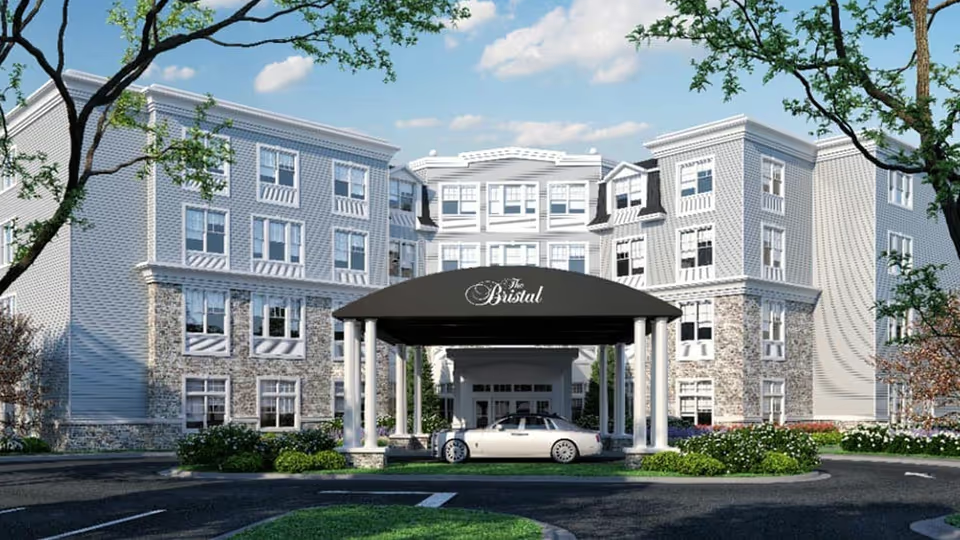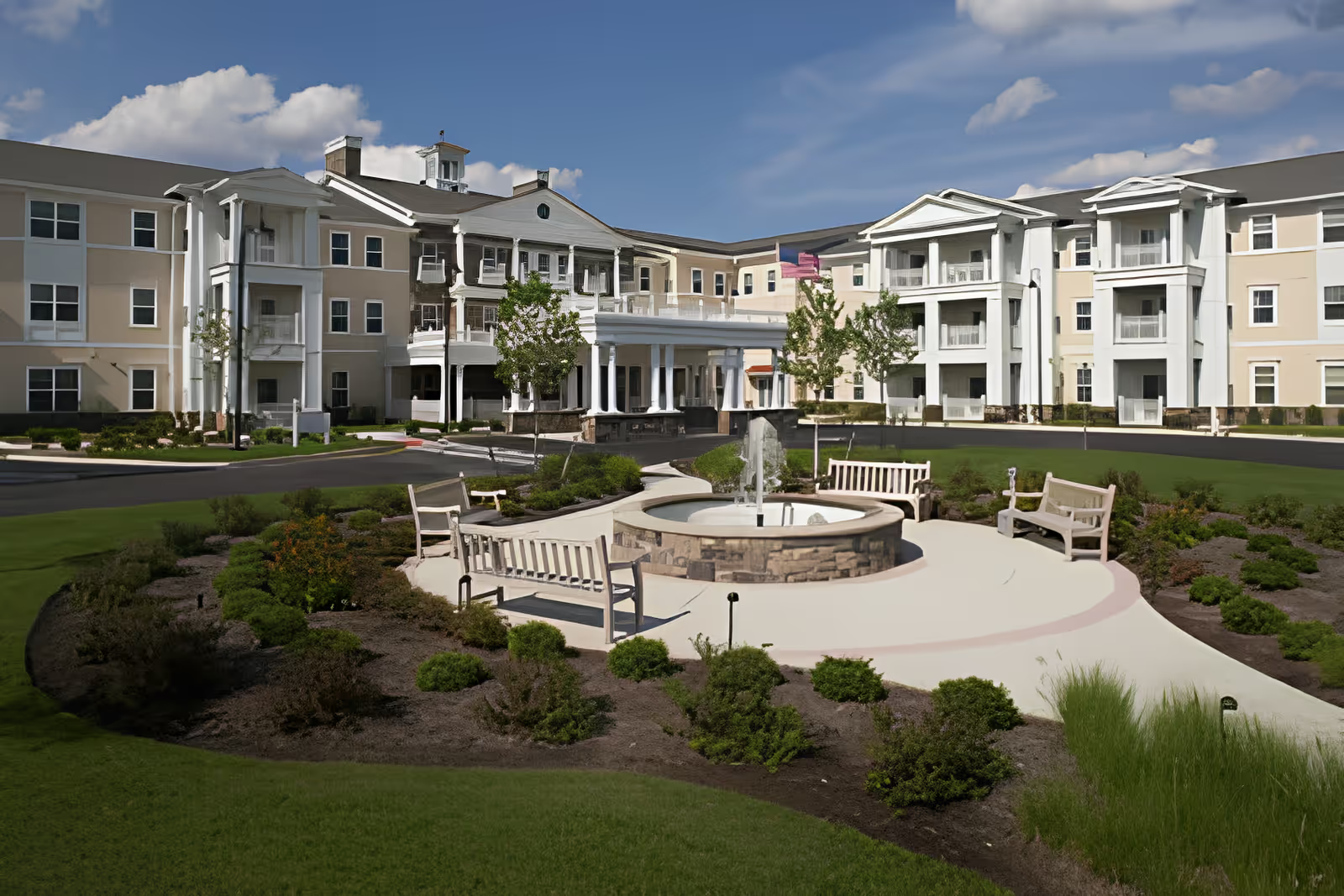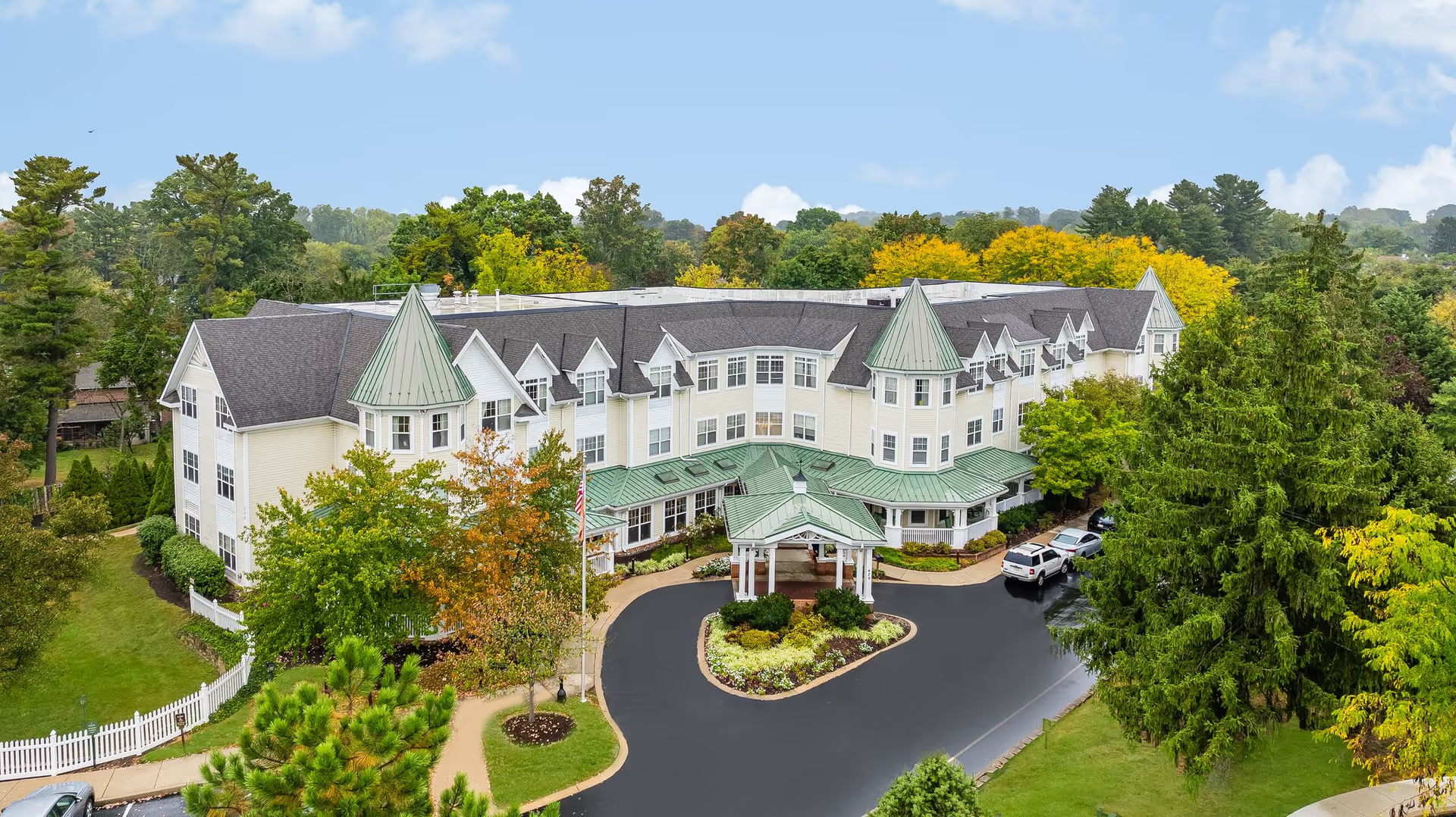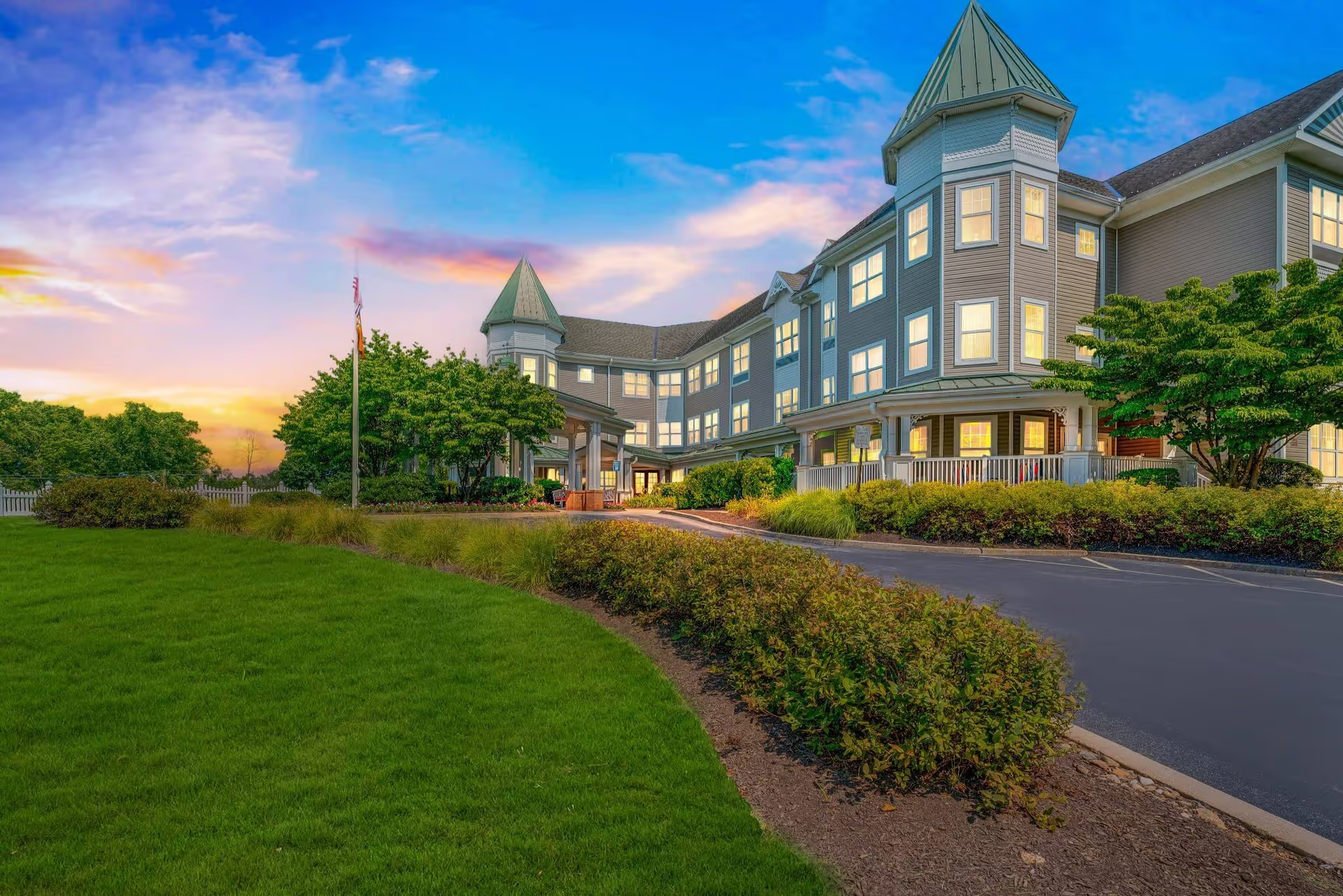Overall impression: The aggregated reviews portray Arden Courts - ProMedica Memory Care Community (Avon) as a highly regarded, small, memory-care–specialized community where families repeatedly praise the staff, leadership, and the secure, home-like environment. The dominant sentiment is strongly positive: reviewers emphasize compassionate and attentive caregivers, proactive executive involvement, and a seamless, low-stress move-in and admission process. Many reviewers state their loved ones are thriving—physically, socially, and emotionally—after placement, and multiple families indicate high confidence and peace of mind about care quality.
Care quality and staff: The most frequent and emphatic theme is the quality of staff. Reviews consistently note that caregivers, nurses, activities staff, and administrators are warm, respectful, knowledgeable about dementia care, and personally invested in residents’ well-being. Executive leadership is singled out repeatedly for accessibility and hands-on involvement; specific staff members were named positively in multiple accounts. Families highlight staff responsiveness (including 24/7 availability), excellent medication management in most cases, and individualized attention such as aides helping with feeding and one-on-one care. Where minor medication or billing issues are mentioned, they are typically described as promptly addressed by management. A common pattern is that staff know residents by name and foster strong relationships, which supports dignity and continuity of care.
Facility, safety and design: Arden Courts’ physical environment is frequently praised. The community is described as small and non-institutional—often characterized as cozy, home-like, and easy to navigate with a circular/hallway layout that facilitates supervised independence. Memory-care design features include bright communal areas, natural light, comfortable seating, and multiple secure outdoor spaces: large enclosed backyard/garden, fenced courts, walking paths, and courtyard areas that allow residents outdoor time without constant direct escort. The secure, wander-friendly model and fully secured environment are repeatedly credited with both safety and improved resident freedom.
Activities, socialization and programming: Activity staff and programming receive strong positive mentions. Families report frequent, well-attended activities (music, storytelling, flower arranging, bingo, gospel/music sessions, diverse speakers), often seven days a week. The community’s small size is viewed as beneficial for engagement and social bonds—residents make friends and participate regularly. Reviewers describe a strong sense of community and many social opportunities that contribute to resident happiness and improved mobility or mood. Some reviews reference pre-pandemic program richness and occasional pandemic-related reductions (a historical note rather than a current complaint in most reports).
Dining and dietary considerations: Meals are generally described as tasty and enjoyed by many residents, with mentions of weight gain and satisfaction with the food. Dining is small and personalized for a memory-care setting. That said, a recurring dietary concern is management of sodium and specific menu items (e.g., sausages) that some families flagged; reviewers also note that dietary adjustments are attempted when concerns are raised. Overall dining impressions are more positive than negative, but there are isolated notes about menu choices and sodium content.
Admissions, communication and management: Admissions, move-in coordination, and communication are consistently praised. Families describe the process as seamless, well-organized, and emotionally supportive, with patient admissions coordinators and clear paperwork. Management is frequently described as accessible and proactive; several reviewers specifically thanked leadership for problem-solving and for being available during transitions. The community is often recommended for respite stays, and reviewers highlight follow-up communication from staff and administration.
Limitations and concerns: While overwhelmingly positive, reviews reveal several consistent limitations to consider. The facility has relatively small, simply furnished private rooms—this is appropriate for many memory-care residents but may feel modest to families expecting larger suites. Some reviewers reported evening staffing shortages or understaffing, and there are comments about management policies that limit use of outside agency caregivers (cost-driven), which can be a concern for families seeking supplemental private help. Physical care limitations are noted: Arden Courts does not appear ideally equipped for heavy lifting or advanced physical-care needs (several reviews mention no two-person lift and that it was not suitable for a resident with advanced Parkinson’s). Financially, a few reviews cite rising prices and family-level financial strain.
Rare serious negative reports: Most reviews are positive, yet there is at least one serious, isolated complaint alleging negligence that led to an emergency and a subsequent billing dispute after a resident’s death. This report stands in contrast to the majority and should be treated as an outlier in frequency, but it is notable and worth investigating further by prospective families who may request clarifying documentation or follow-up from management.
Net assessment: The pattern across reviews suggests Arden Courts of Avon is a high-quality, memory-care–focused community that excels in dementia-specific programming, personalized and compassionate staff, secure outdoor spaces, and strong leadership involvement. It is especially well-suited for residents needing specialized memory support who benefit from a small, home-like setting and regular social and therapeutic activities. Prospective residents and families should weigh limitations such as smaller rooms, potential evening staffing variability, dietary preferences, financial considerations, and suitability for complex physical-care needs. Overall, the reviews support a strong recommendation for families seeking thoughtful, dementia-focused care in a warm, secure, and community-oriented setting, while advising due diligence on specific medical and financial fit for individual cases.







